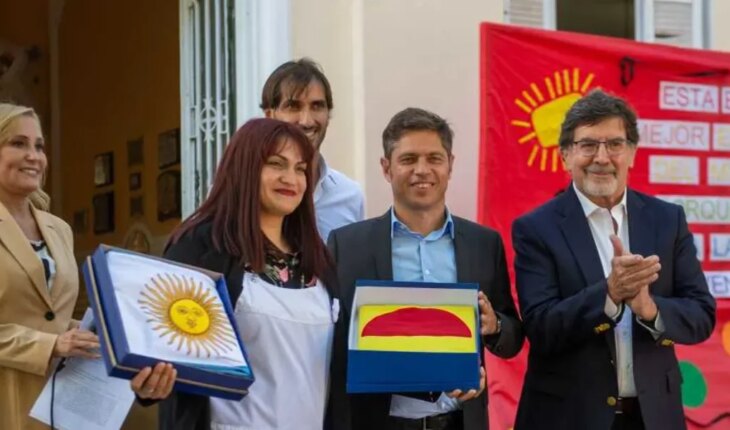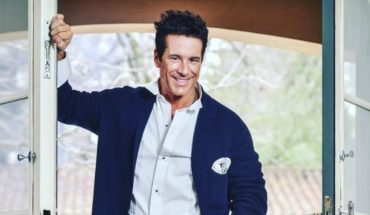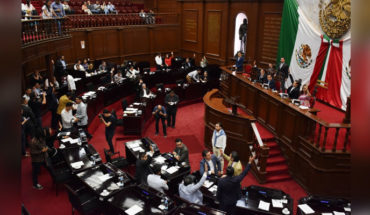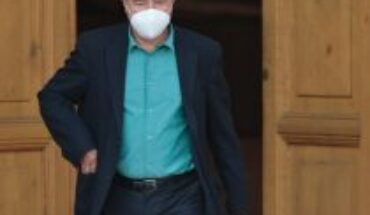After the controversy generated after the Buenos Aires government proposed changes in the academic regime of secondary school, where one of the main modifications included the possibility of students to spend the year owing several subjects and promoted spaces to reinforce learning for those most pressing students, the project was left out of the agenda of the first session of the year of the General Council of Education (CGE) and it is not yet known when it will be Try. The Director General of Culture and Education, Alberto Sileoni, had clarified that the reform would not be reflected in the school year that begins on March 1. “Secondary education must be modified, but we do not plan to do it in fits and starts and without consensus. We must modify the academic regime, attendance, evaluation, repetition, curricula, the contents of the subjects, “said the Buenos Aires Minister of Education in dialogue with AM 750.” Something was announced that is not going to happen this year. We are going to modify some issues, but not those things. That is going to take us longer and we are going to work in consensus with the school administrators. We want a high school with more learning. It is no longer facilism. No kid is going to leave high school without learning all the subjects, we think a more rigorous assistance, “said Sileoni.Specialists in educational matters agree that repetition generates better learning and that sometimes it contributes to young people dropping out of school. However, the change must be more profactual and not only lower the demand for content. In agreement with the specialists, Sileoni said that “there is consensus that those who repeat do not learn more in the year they repeat”, but this would imply “making a different promotion regime” and “updating the contents, classes to countershift and Saturdays”. During the pandemic, emergency changes were made in educational matters in the Province of Buenos Aires, including the Institutional Registry of Educational Trajectories (RITE), which determines whether a subject is “approved” or not in each two months and is divided into three scales: 1) Advanced Educational Trajectory (TEA), which covers students who achieved the corresponding learning in a subject; 2) Educational Trajectory in Process (TEP), which includes students who did not achieve the corresponding learning, but who maintain a good pedagogical link; and 3) Discontinuous Educational Trajectory (TED), which covers those who did not achieve learning or were linked to school. Instead of the thirteen traditional subjects that secondary school has, the reform intended to encompass them in eight or nine groupings that would cross the six years that the level lasts. For example, a grouping is Social Sciences and there they enter History and Geography; and the other Natural Sciences and there enter Biology, Physics and Chemistry.And with the reform, students could drag groupings pending approval during the first three years of high school. In this way, only in the fourth year should I intensify Mathematics of first and second, and yes recursar mathematics of third. Loo that would imply that within each grouping, you can have disapproved up to two subjects and with the third subject pending, the compulsory recursado is established but only of that subject of the previous year.
Secondary: the Buenos Aires government backed down with the end of the repetition
February 10, 2023 |





